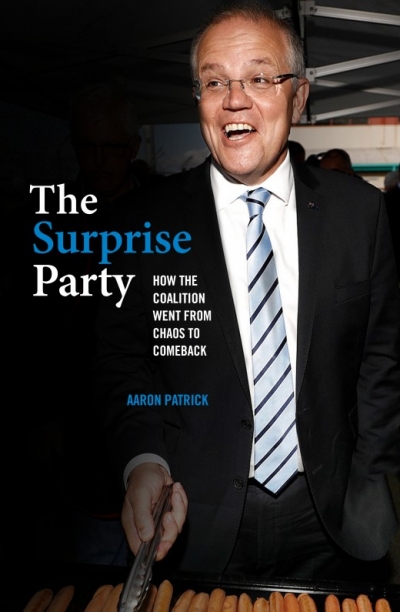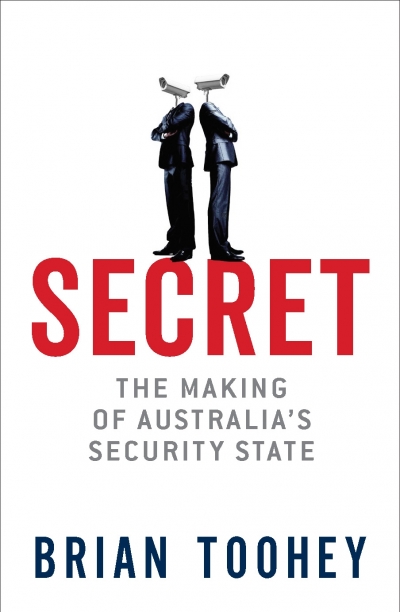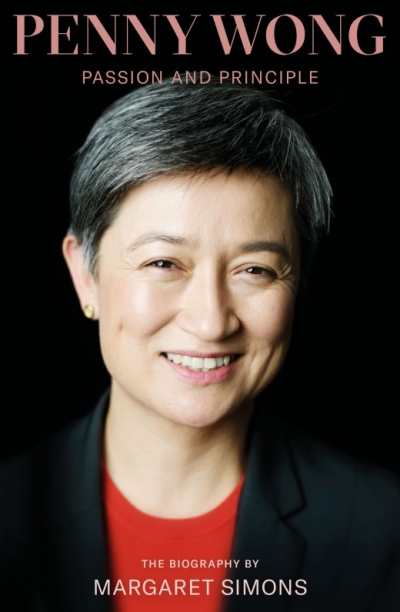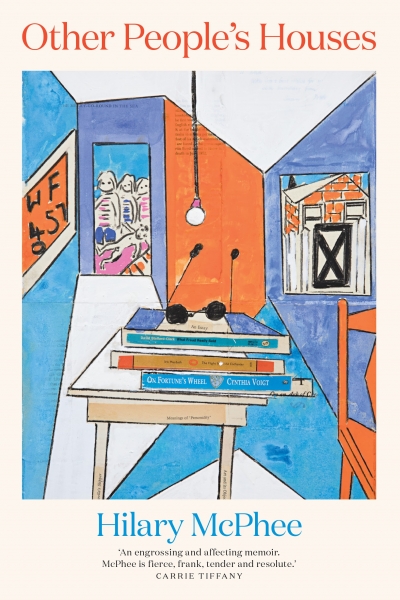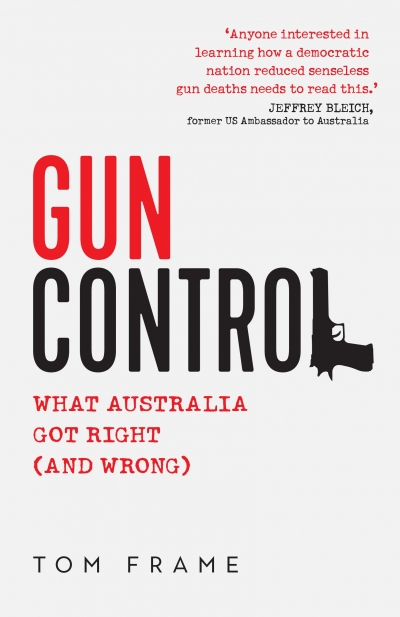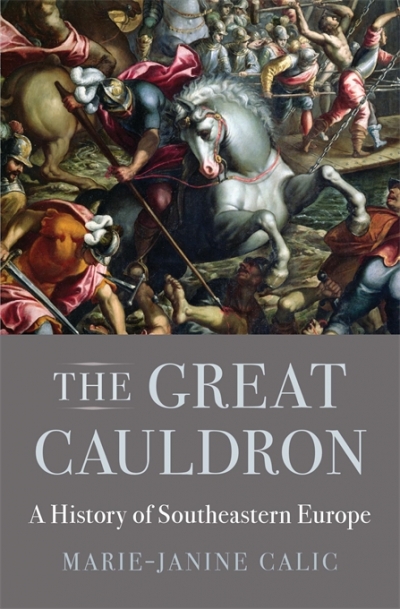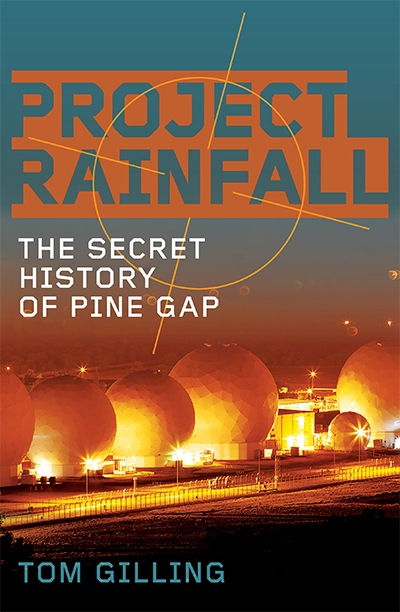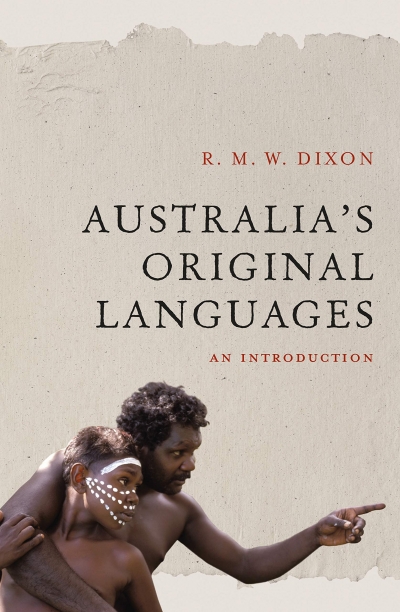ACT contributor
The Surprise Party: How the Coalition went from chaos to comeback by Aaron Patrick
Secret: The making of Australia’s security state by Brian Toohey
A whistleblower’s child hides from a drug ring in the Blue Mountains. A sixteen-year-old rolls through life like an armadillo. A Melbourne high-school graduate wrestles with her insecurities. The daughter of a Chinese restaurateur juggles her responsibility to care for her siblings as her mother’s health deteriorates.
... (read more)Sidney (Sid) J. Baker (1912–76) is undoubtedly one of the most influential figures in the history of Australian slang lexicography. Born in New Zealand, Baker worked in Australia as a journalist, writing for publications such as ABC Weekly, The Daily Telegraph, and The Sydney Morning Herald. He was also the author of a number of books about Australian slang, one of which is A Popular Dictionary of Australian Slang (1941).
... (read more)
